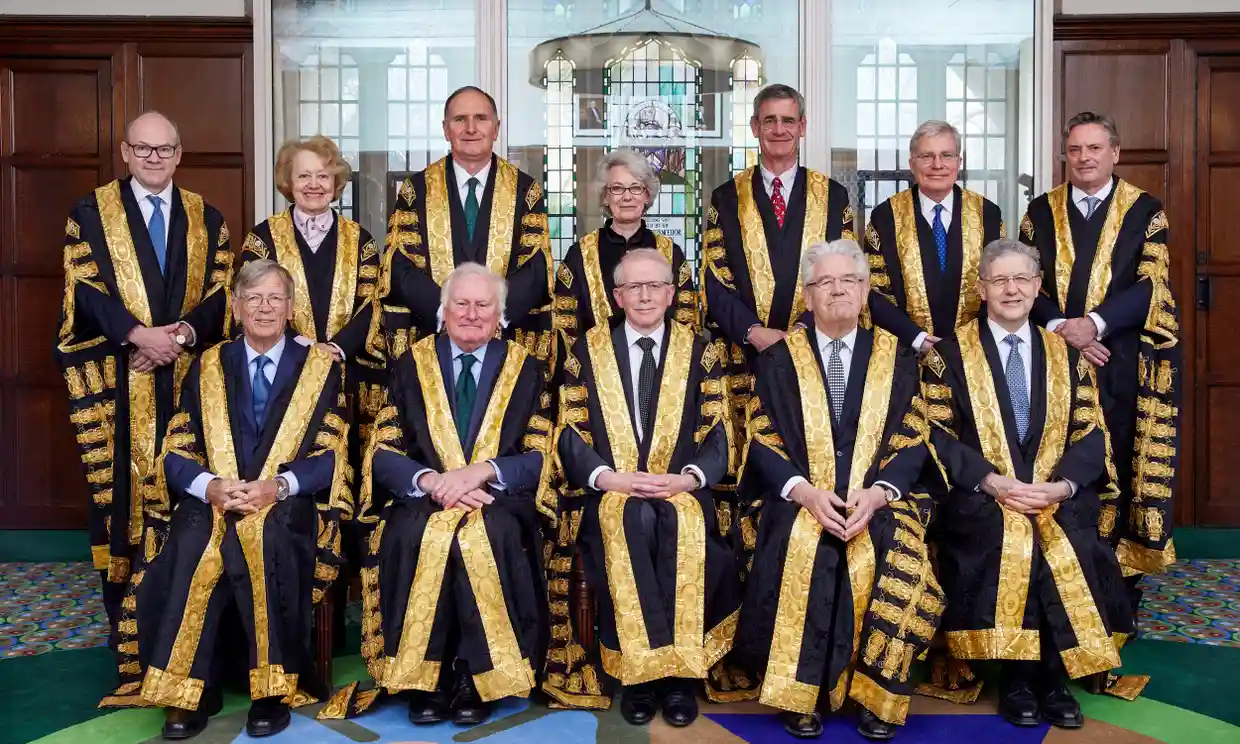
Following referring an independence referendum bill to the Supreme Court, the Scottish Government has its answer – It does not have the power to organise a referendum on independence. The people of Scotland will be denied that vote on their future, regardless of who they elect to the Scottish Parliament or Westminster, unless the Government of the United Kingdom grants them one.
A significant part of the Supreme Court’s argument for rejecting the bid came from the idea of the threat a vote to become independent would have on the democratic legitimacy of the Parliament in Westminster:
A clear outcome, whichever way the question was answered, would possess the authority, in a constitution and political culture founded upon democracy, of a democratic expression of the view of the Scottish electorate.
Judgement of the Supreme Court
The clear expression of its wish either to remain within the United Kingdom or to pursue secession would strengthen or weaken the democratic legitimacy of the Union, depending on which view prevailed, and support or undermine the democratic credentials of the independence movement. It would consequently have important political consequences relating to the Union and the United Kingdom Parliament.
The basis for the decision is made clear here. Any independence referendum with any real legitimacy, such as organised through a Scottish Parliament that has the power and mandate to organise it, would have the authority of democratic expression of the Scottish People behind it. As such a vote to become independent would weaken the democratic legitimacy of the Union.
This, it seems, would be obvious. A Union held together despite a vote against it by one of its constituent nations would absolutely lack democratic legitimacy.
But does a Union held together by denying those nations the choice have any more legitimacy? Can such a Union claim to be one of voluntary consent if its members are denied the choice of whether to remain a part of it. Can it have democratic legitimacy if, after voting for a majority in favour of such a vote to their own Parliament, that chance to have their democratic will registered is denied?
Our Republic believes in an elected Head of State for Scotland precisely because we believe democratic legitimacy, mandate, and accountability for our state institutions is vital. We believe that without such legitimacy or accountability those institutions will stagnate and corrupt our society by embedding this contempt for democratic will and equality under law throughout our society.
This is true for the Union as well. Whatever your position on whether Scotland should be an Independent state – It is vital for that status to be supported by a democratic mandate and for there to be a democratic procedure by which the Scottish people can choose to end it.
Without that this Union cannot claim to be a voluntary contract by equal parties. It cannot claim to continue with the consent of its people. Can it claim to be a “Union” at all if you cannot choose to leave? Its continued existence will be forever seen as coercive, the iron grip of an institution that’s future is maintained through its power alone, not its legitimacy.

